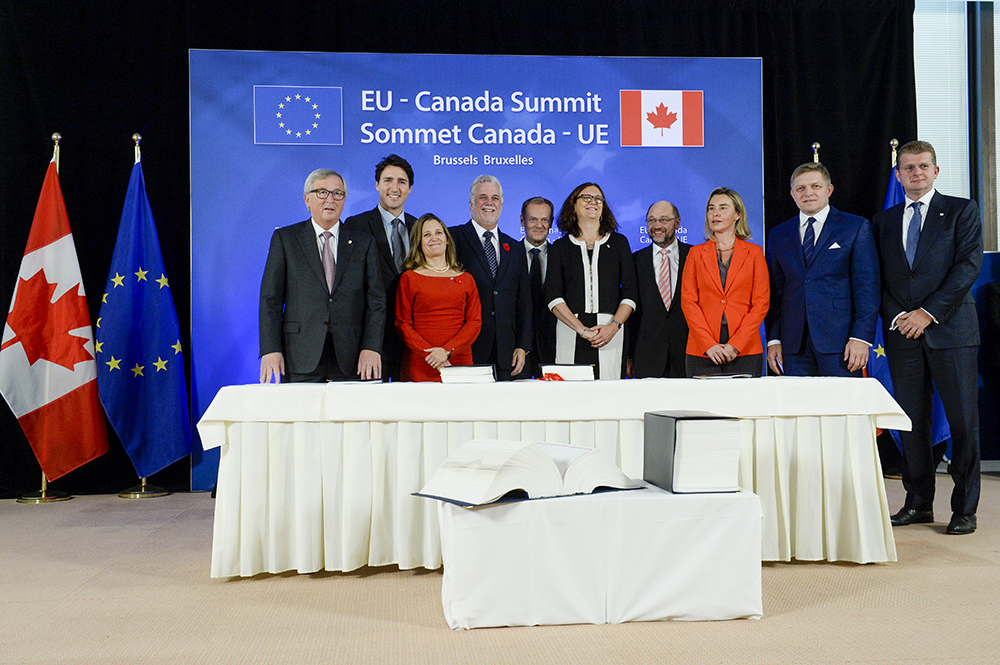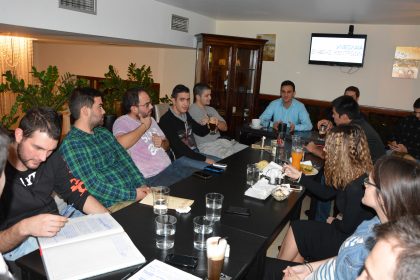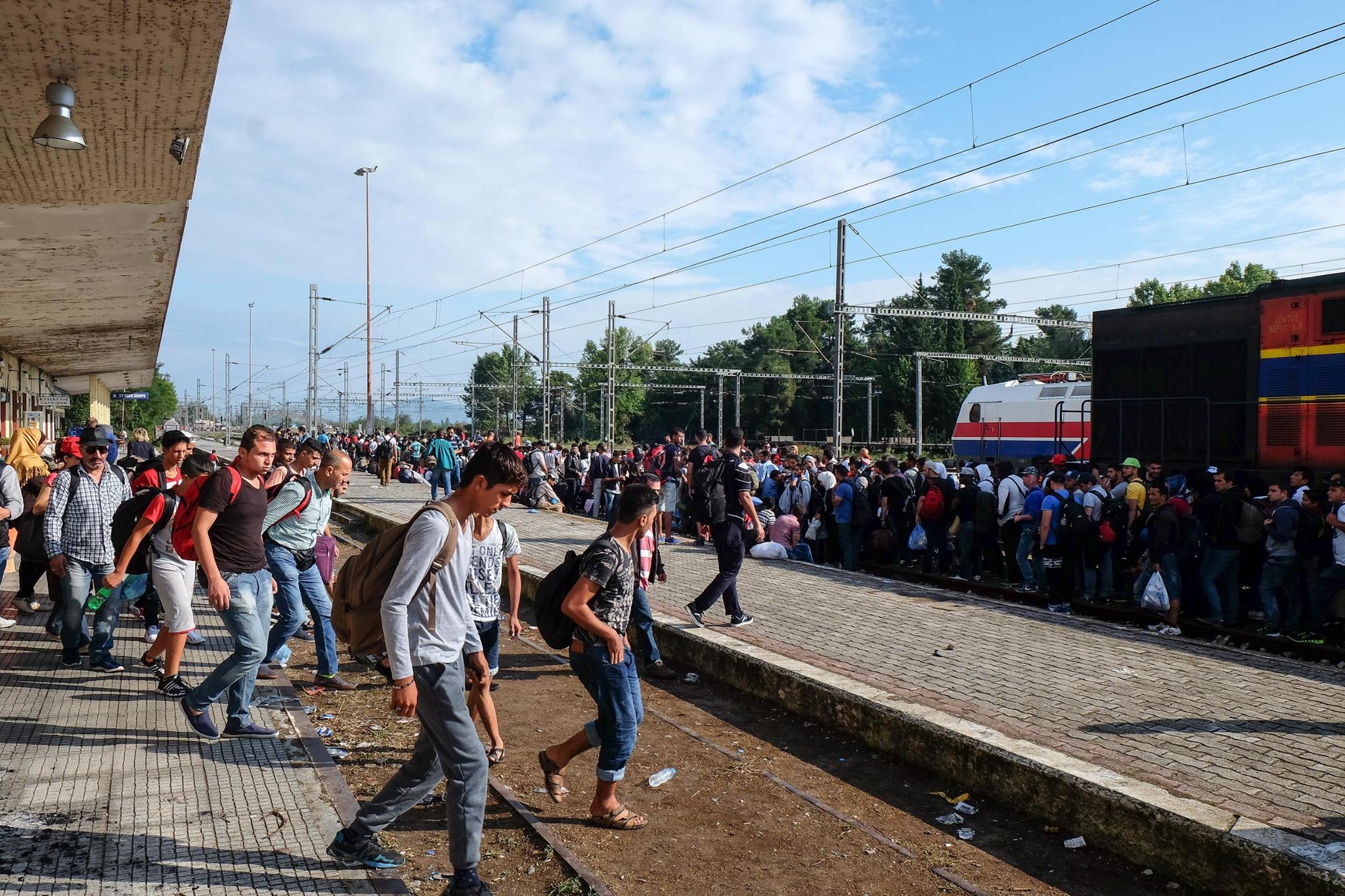CETA, lessons to be drawn from a failure
CETA, the free-trade agreement between the European Union and Canada, has finally been signed on the 30th of October after several days of uncertainty due to the opposition of the Parliament of Wallonia. The Young Democrats for Europe welcome this conclusion but regret this episode that leaves the EU further weakened. Three lessons can be taken from it.
The need for democracy, openness and transparency should never be underestimated but rather answered. Donald Tusk himself admitted that the debate triggered by Wallonia had been “profitable” in disclosing “credible information” to the citizens. Indeed, the EC must shoulder its responsibility as “government of the EU” and explain its projects directly to the European citizens in the media, as every government would do when drafting national laws. Such a dramatic situation could have been avoided had the European Commission engaged in a dialogue with Wallonia earlier. This should be borne in mind for future negotiations.
However, this need for more open procedures should be primarily answered at the European level, by associating the European Parliament more closely to negotiations, and the public opinion as soon as possible. Each of the treaties signed by the European Union cannot have to be ratified by nearly 40 national or regional Parliaments, with one refusal risking to jeopardize the whole process. This goes with the credibility of the Union as a global actor. Stronger competencies must be given to the EU and to the European Parliament in trade policy.
The rejection of free-trade agreements does not only come from their lack of transparency, but also from a doubt in the benefits of free-trade itself. We believe that free-trade brings wealth and opportunities to populations but despite its benefits, free-trade also has its losers. A European trade defence instruments should be put in place. If Europe and its Member States do not build a more sustainable framework for free-trade, there will be a risk for the populist message to take over. Free trade cannot be the only political horizon given to European citizens.






